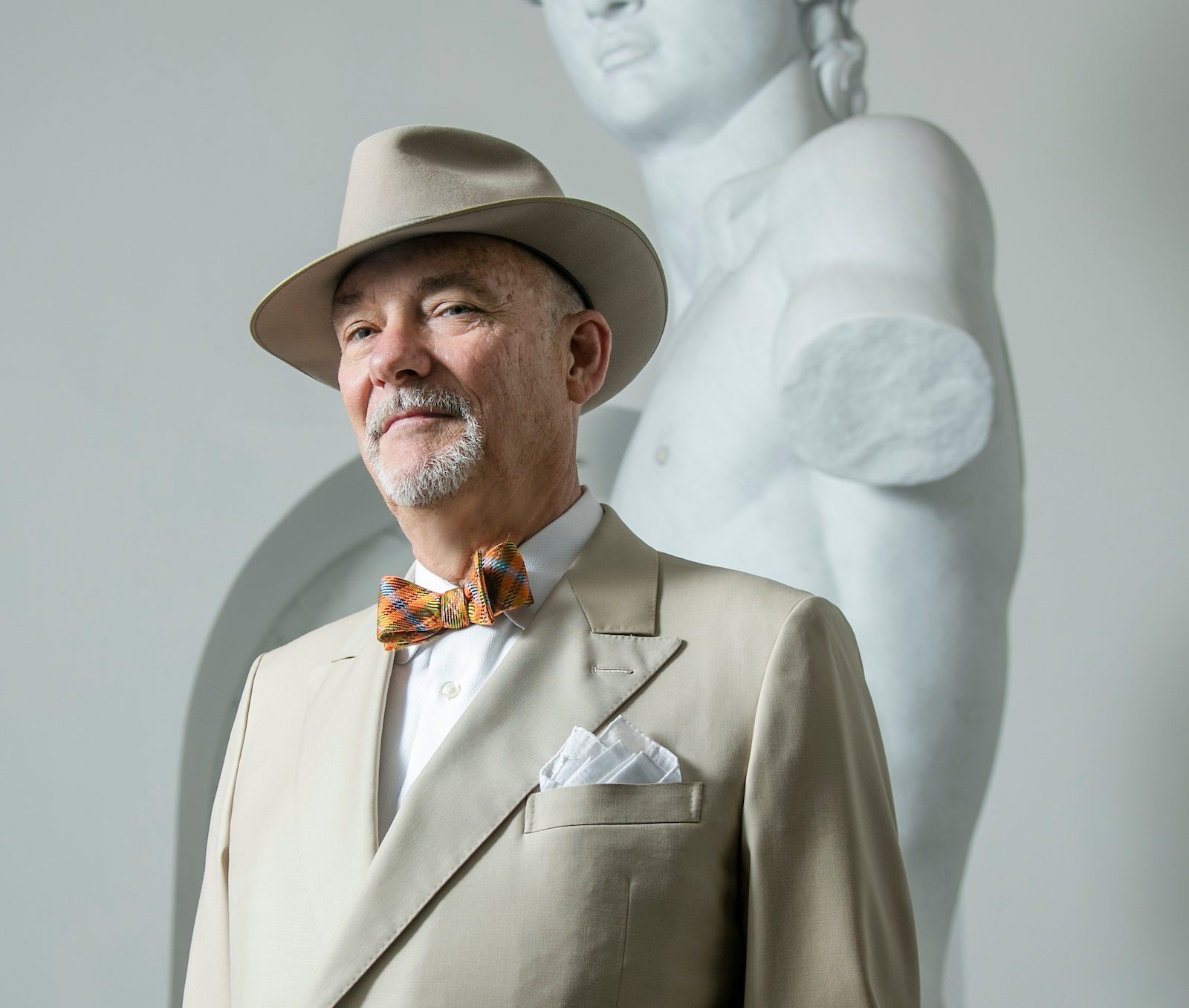 One of the remarkable things about the Bostock decision is how something which seems obviously right to the Supreme Court today struck judges as obviously wrong in the 70s and 80s.
One of the remarkable things about the Bostock decision is how something which seems obviously right to the Supreme Court today struck judges as obviously wrong in the 70s and 80s.
Bostock says the 1964 Civil Rights Act’s ban on sex discrimination in employment covers discrimination against LGBT people. The court said it is impossible to discriminate against someone gay or trans without treating them differently because of sex. The opinion says this is a “simple” proposition. It uses variations on an example to make the point. If an employer has two employees, both in relationships with men, and one employee, a man, is fired for it while the other employee, a woman, is not, the employee who lost his job lost it because of his sex. It’s straightforward; this is sex discrimination.
In the 70s, 80s and 90s, federal courts treated claims that LGBT discrimination was sex discrimination dismissively. The claim was so out of the mainstream, the Courts said, that without proof that Congress meant to allow it, the law had to be interpreted not to.
What changed? The law changed some. Courts moved away from the idea that only rules that treated men or women differently as a group were covered. Different treatment of mothers with small children—not all women—violated the law. Discrimination for failing to live up to sexual stereotypes was covered. Sexual harassment on the job—including sexual harassment of men by men—was out. What mattered was the treatment of individuals not groups. What mattered was whether things might have turned out differently if the employee’s sex was different, not what motivated the bad actor.
While those changes in the law made the result in Bostock possible, a revolution in society’s thinking about gay people and, slowly but surely, trans people, was essential.
For most of history, people would have thought the Court’s two employee examples nonsensical. Gay people didn’t have relationships like heterosexuals did. Incapable of serious emotional commitment, they led shallow, isolated lives, occasionally living out a sad parody of straight relationships and marriage. At worst, same sex intimacy was bad behavior, like gambling and excessive drinking; at best, pathology. And pathology was the way to think of people who didn’t identify with “sex assigned at birth.”
AIDS made same-sex relationships visible to many. The stories that accompanied the movement for relationship equality—marriage—helped America understand that same-sex relationships are as strong—and weak—as opposite sex relationships. Once that was clear, the Court’s two employee example makes sense.
The Court had another example. If an employer fires an employee presenting what we think of as female identity because the employee was identified as male at birth, but keeps an employee presenting as female identified as female at birth, the first employee lost the job because of sex.
That example didn’t make sense until women could be surgeons, judges and justices, until we learned that sex at birth is not destiny. One could shift along the spectrum of male and female identities, and it turned out that taught us nothing about worth or ability.
Bostock is a great legal victory for LGBT people. But it was only possible after years of hard political work, work changing America’s understanding of who we are. Take a lap you trans activists, you AIDS activists, you gay rights activists. You did this.
Matt Coles is a Professor of Practice. He teaches 1L Civil Procedure, Constitutional Law, and Sexuality and the Law, among other courses. Before joining the UC Hastings faculty, he was Deputy National Legal Director at the ACLU, responsible for the organization’s work on race, voting, disability, and immigration. Before that, from 1995 until 2010, he was Director of the ACLU’s national LGBT Project. He recently shared his legal perspectives about shelter-in-place and curfew orders on our Law and the Pandemic Podcast.
